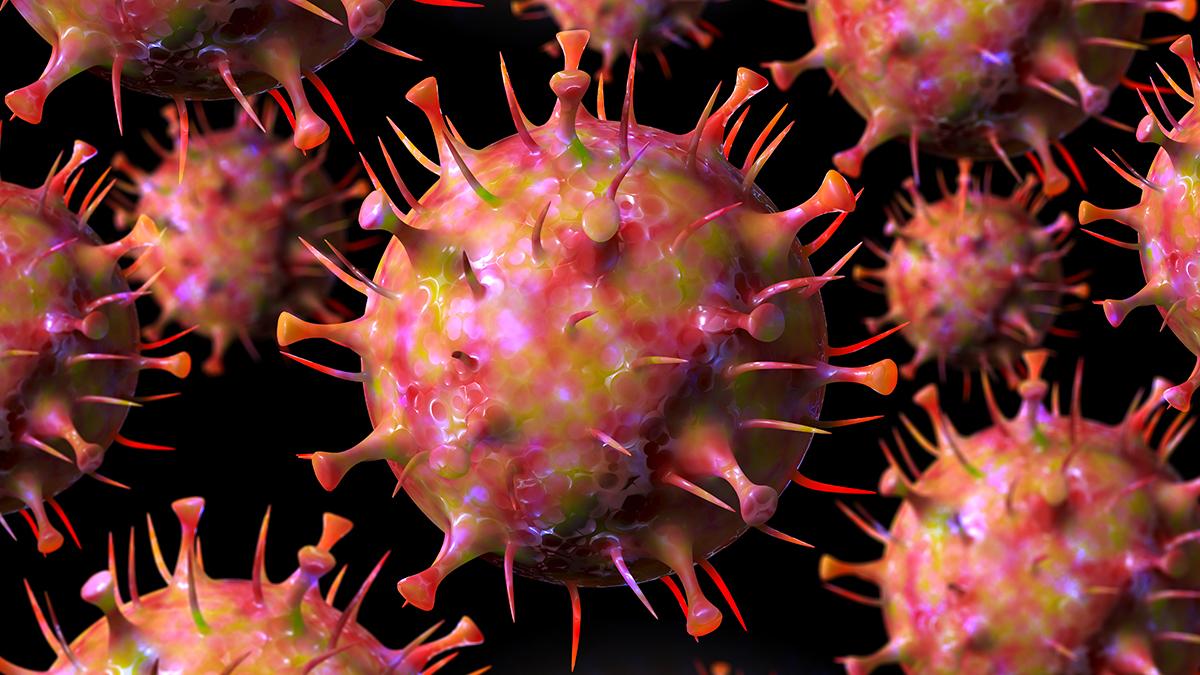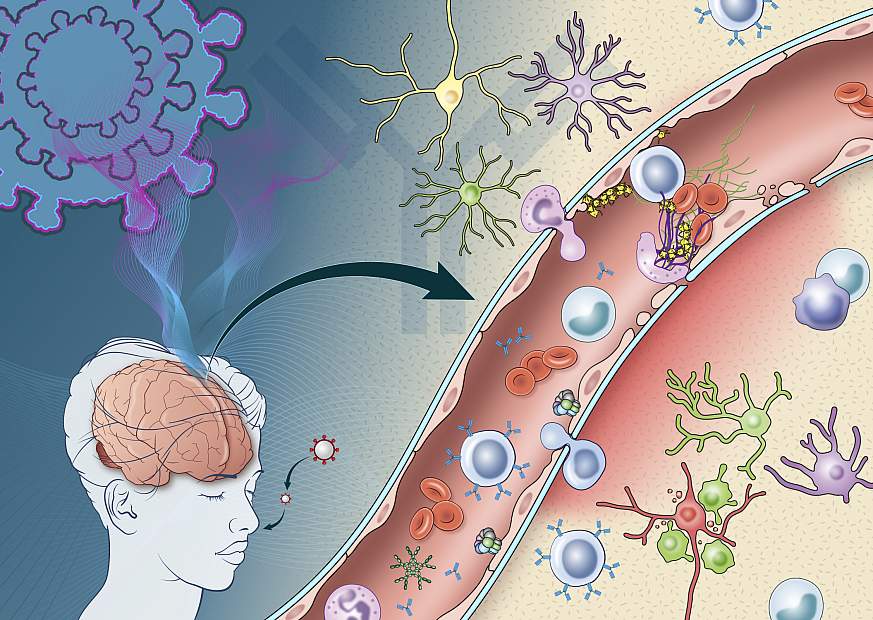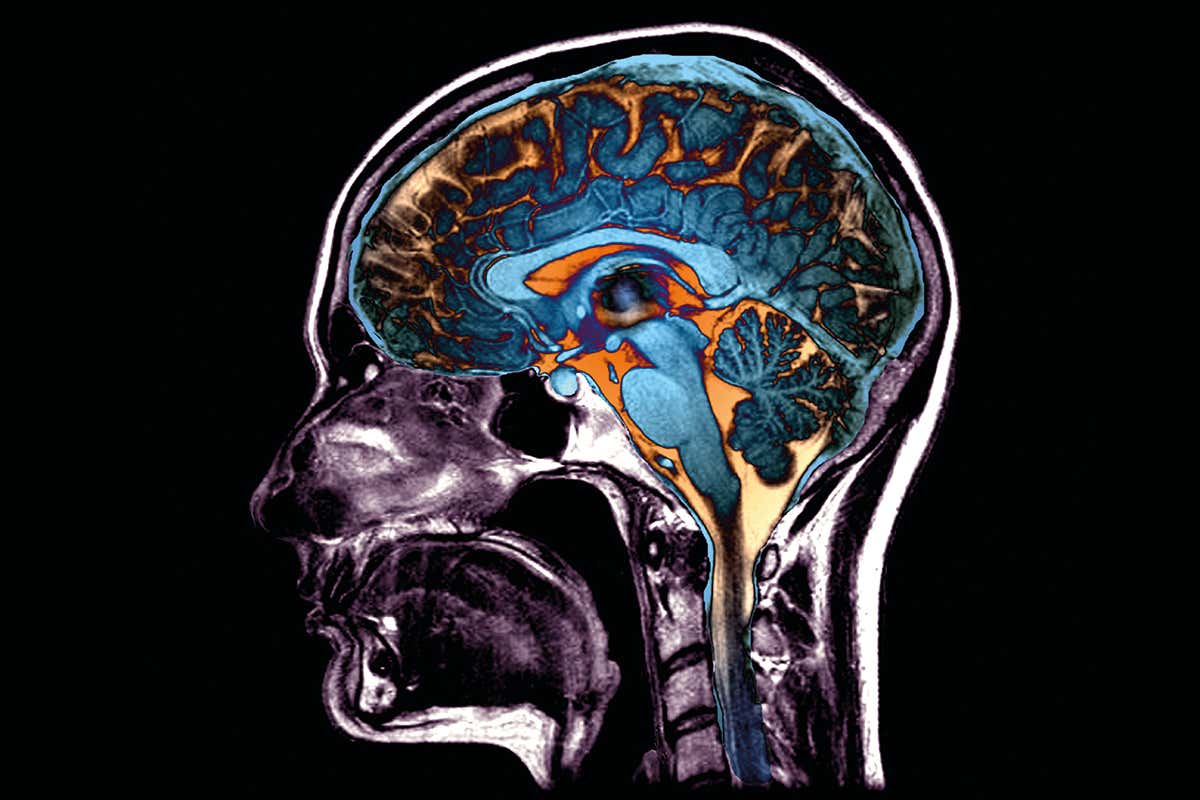The Omicron subvariant BF.7 may alter how COVID-19 assaults the human body, moving from infecting respiratory systems to increasingly attacking the brain.
BF.7 mutation of COVID-19 is thought to be responsible for the current increase in cases in China. According to a media report, experts believe the coronavirus subvariant that is rapidly increasing in China may be developing to attack the brain. This isn’t the first time BF.7 has been in the spotlight; back in October, it began to displace the main variations in the US and many other European nations.
BF.7, the new COVID Subvariant
When viruses change, they form lineages and sub-lineages, much like the trunk of SARS-CoV-2 stem spawning branches and sub-branches. The BA.5.2.1.7 sub-lineage of the Omicron sub-lineage, which is a sub-lineage of the BA.5 family, is the same as the BF.7. According to experts, the rise in cases in China was not caused by the BF.7 variant’s increased transmissibility or immunological evasiveness, but rather an immune-naive populace.

According to the South China Morning Post, the study refutes the notion that viruses often evolve to become less harmful. Compared to the Delta BA.1, BA.2, and BA.5 variations previously found, the most recent variation is thought to be highly infectious, spreads more quickly than anticipated, and can affect people who have already been vaccinated. According to a PTI report, it also has a higher potential to re-infect or even infects persons who have had vaccinations.
Is COVID-19 subvariant BF.7 evolving to attack the brain?
The Omicron subvariant BF.7 may alter how COVID-19 assaults the human body, moving from infecting respiratory systems to increasingly attacking the brain. According to South China Morning Post, researchers from Australia and France discovered that BA.5, the COVID-19 subvariant that is currently responsible for the world’s largest increase in infections in China, caused much more severe harm to mouse brains and cultured human brain tissues than the BA.1 subvariant, resulting in inflammation of the brain, weight loss, and death.

According to the research manuscript, it is discovered that a BA.5 isolate demonstrated higher pathogenicity in K18-hACE2 mice, as evidenced by fast weight loss, brain infection and encephalitis, and death when compared to BA. 1. Additionally, BA.5 productively infected human brain organoids noticeably better than BA.1. The preprint repository bioRxiv has received the paper, which will now undergo peer review before publishing.
Researchers, led by virologist Andreas Suhrbier of the QIMR Berghofer Medical Research Institute in Queensland, Australia, said, “These data show that the Omicron lineage is not evolving towards lower pathogenicity,” according to South China Morning Post.
However, some experts have issued a stern concern, pointing out that the study’s primary drawback was using a mouse model, which they claimed did not likely apply to human beings.
According to the study, Jin Dongyan, a virologist at the University of Hong Kong, “They revealed that all the mice perished from brain infections of BA. 5, which is extremely distinct from a human infection that we know about.” He further added that it is widely acknowledged that BA.5 did not cause any additional human brain issues than earlier subvariants, mentioning that WHO has stated that the pathogenicity of Omicron variations has not changed.

According to SCNP, in a study that was recently published in the journal Nature, a group of US and Japanese researchers found that BA.5 appeared to have inherited the Omicron subvariants’ lower pathogenicity.
However numerous investigations have revealed that BA.5 is more contagious than other Omicron subvariants and can subvert a person’s immune response with a prior Covid-19 infection or immunization. The strain has been found in more than 100 countries, and only a few months ago, it dominated in places like the United States and the United Kingdom.
READ MORE:
https://tdznkwjt9mxt6p1p8657.cleaver.live/2022-indias-game-at-its-peak/https:
https://tdznkwjt9mxt6p1p8657.cleaver.live/shark-tank-2-amit-jain-replaced-ashneer-grover/













